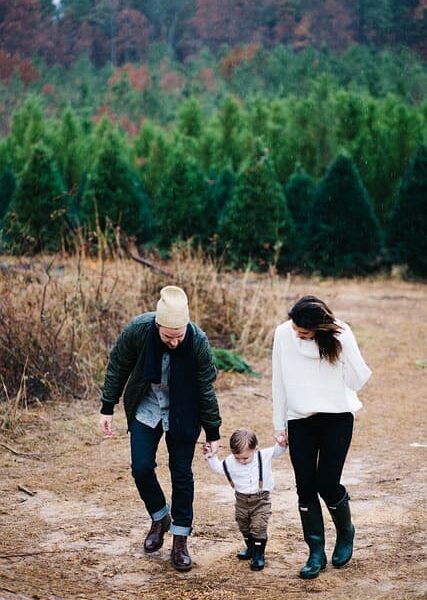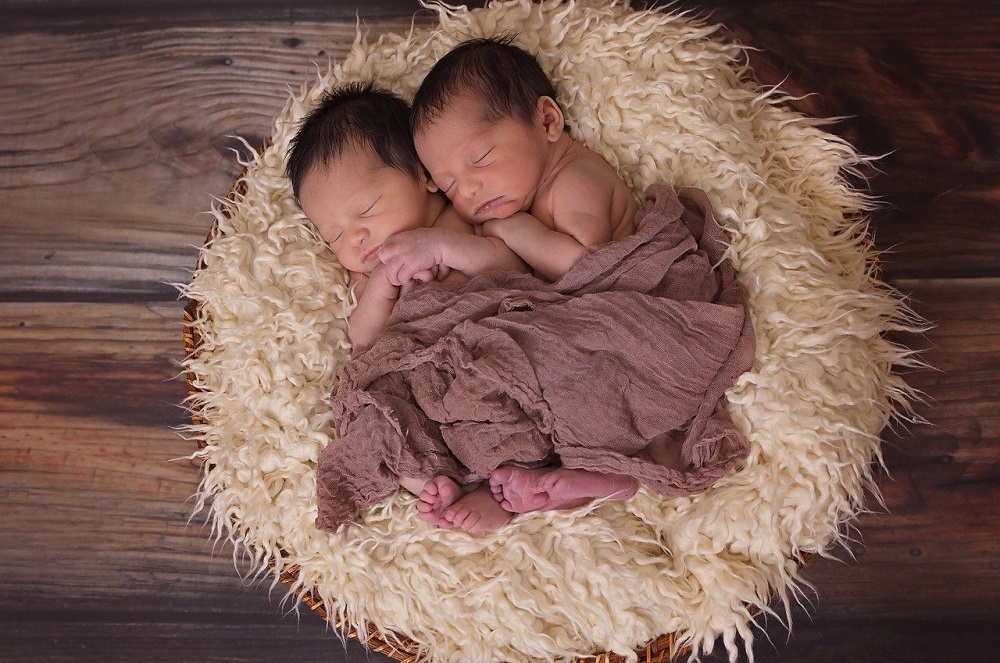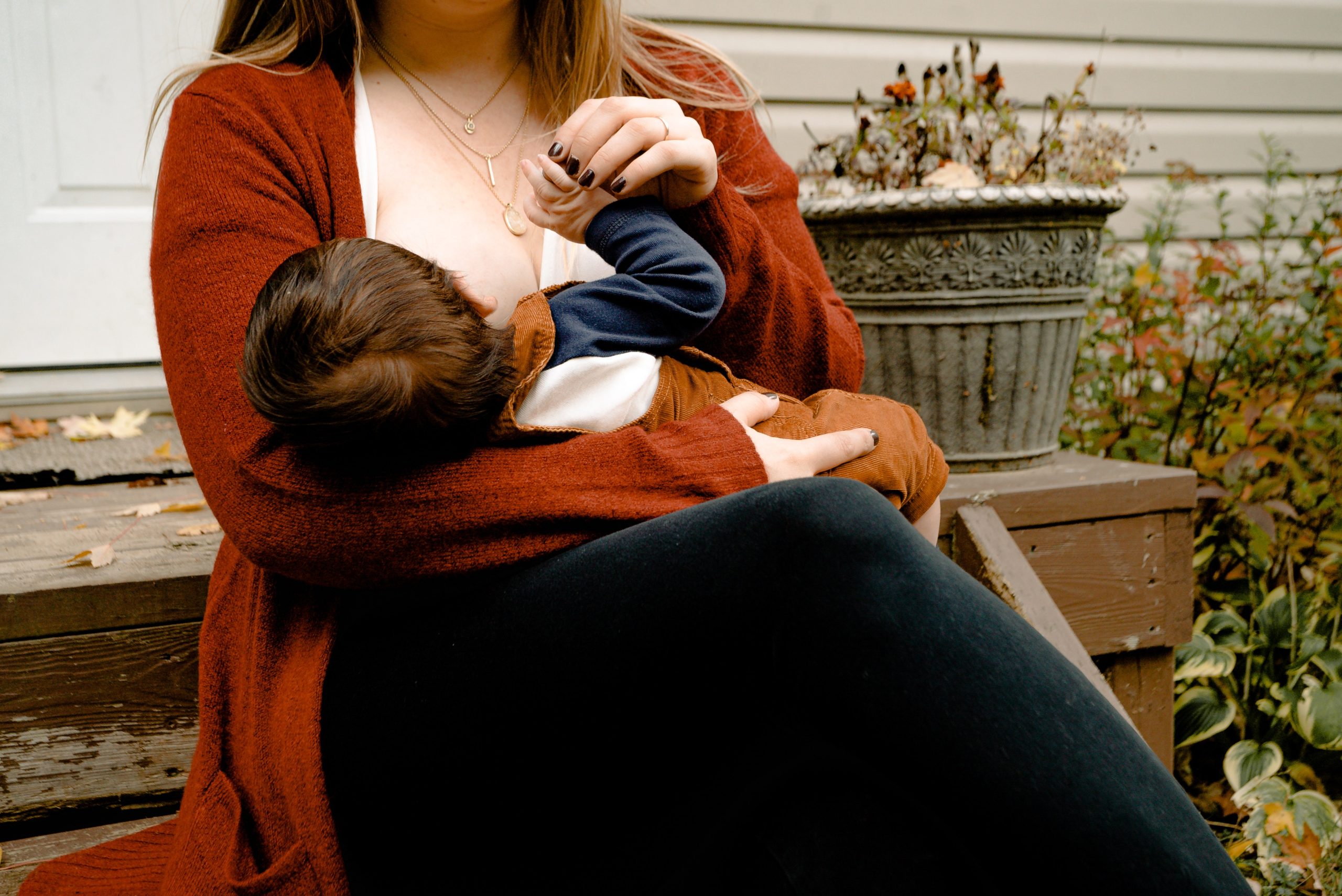Traveling with a baby and kids can be an exciting and rewarding experience, but it also requires careful planning and preparation to ensure a smooth and enjoyable trip. Despite the challenges, traveling with a baby and kids can create unforgettable memories and unique experiences.
Traveling with kids can take longer and may require more breaks and rest days. Be prepared to adjust your plans and pace accordingly to accommodate their needs and moods. Take into consideration the needs and interests of your baby and kids when planning your activities and sightseeing. Make sure to include breaks, naps, and downtime in your schedule to avoid over stimulation and fatigue.
Table of Contents
How soon you can travel with your baby
There is no specific age requirement for traveling with a baby, as it ultimately depends on the parents’ comfort level and the baby’s health and readiness. However, it is generally recommended to avoid unnecessary travel within the first few weeks after birth, as newborns are more vulnerable to infections and may require time for adjustment.
It is always advisable to consult with your pediatrician before making any travel plans with a baby.
It is generally safe for a baby to travel as soon as they are born, as long as they are healthy and their healthcare provider gives them the go-ahead. But, it is important to take certain precautions and keep in mind the needs of the baby.
For example, it may be advisable to avoid long trips or flights during the first few weeks, as they require frequent feeding and diaper changes. It’s always best to consult with your baby’s healthcare provider for specific recommendations based on their health and any individual circumstances.
20 Baby bag essentials to pack when traveling with baby
Here is the list of essentials that you should pack in your baby bag while traveling.
1. Diapers:
Always pack plenty of diapers to last for the duration of your trip. It’s better to have too many than not enough.
51 Best gifts and toys for 1 year old baby in 2023
2. Wipes:
Baby wipes are essential for cleaning up messes and keeping your little one fresh. Wipes and tissues are the one thing that you are going to use every few minutes of your journey.
3. Changing pad:
A portable changing pad is great for on-the-go diaper changes, as it provides a clean and comfortable surface.
4. Extra clothes:
Accidents and spills happen, so be sure to pack a few extra sets of clothes for your baby. Clothes are the one thing which are always insufficient when traveling with babies.
5. Blankets:
Pack a few blankets for warmth and comfort, especially for overnight stays or nap time. Babies feels like home when sleeping in their own blanket.
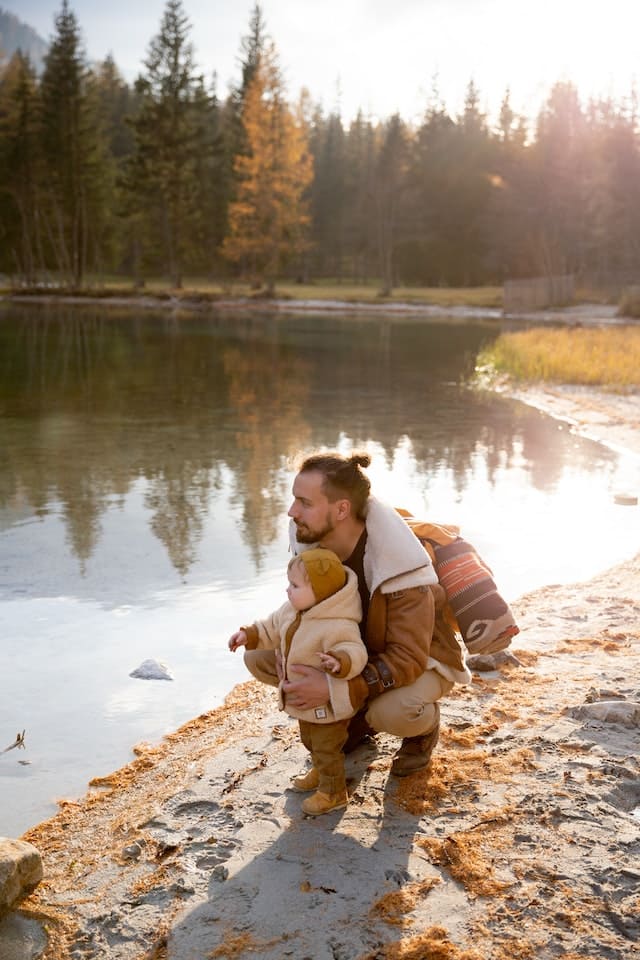
6. Bottles and formula/breast milk:
If your baby is bottle-fed, pack enough bottles, formula, or pumped breast milk for the trip. Pack your portable bottle sterilizer as well to prevent infections.
7. Snacks:
If your baby is eating solid foods, bring a variety of snacks that are easy to pack and eat while traveling.
8. Baby food:
If your baby is eating purees, pack enough jars or pouches for the duration of your trip. babies who are well eaten and hydrated during travel, cry less.
9. Bibs and burp cloths:
These are essential for keeping your baby clean during feedings and preventing messes. This will help you to prevent changing the clothes after each feeding.
10. Pacifiers:
If your baby uses a pacifier, pack a few extras in case they get lost or dirty. Babies who use pacifiers have habit of using them, so better not to forget it.
11. Baby carrier or stroller
Depending on your preferences, consider bringing either a baby carrier or a lightweight stroller for easy transportation.
12. Toys and entertainment:
Bring a few favorite toys, books, or other forms of entertainment to keep your baby occupied during travel.
13. Baby healthcare items
Don’t forget to pack essentials such as infant acetaminophen, a thermometer, nail clippers, and any prescribed medications. Baby’s basic medication should always be there when in need.
14. Baby sunscreen:
If you’re traveling to a sunny destination, pack baby-friendly sunscreen to protect their delicate skin. sunscreen will protect your baby delegate skin form sun burns.
15. Portable high chair or booster seat:
If you’ll be dining out or at friends houses, a high chair or booster seat can be helpful.
16. Baby monitor:
If you’re staying in accommodations with multiple rooms or a different place, a baby monitor can provide peace of mind.
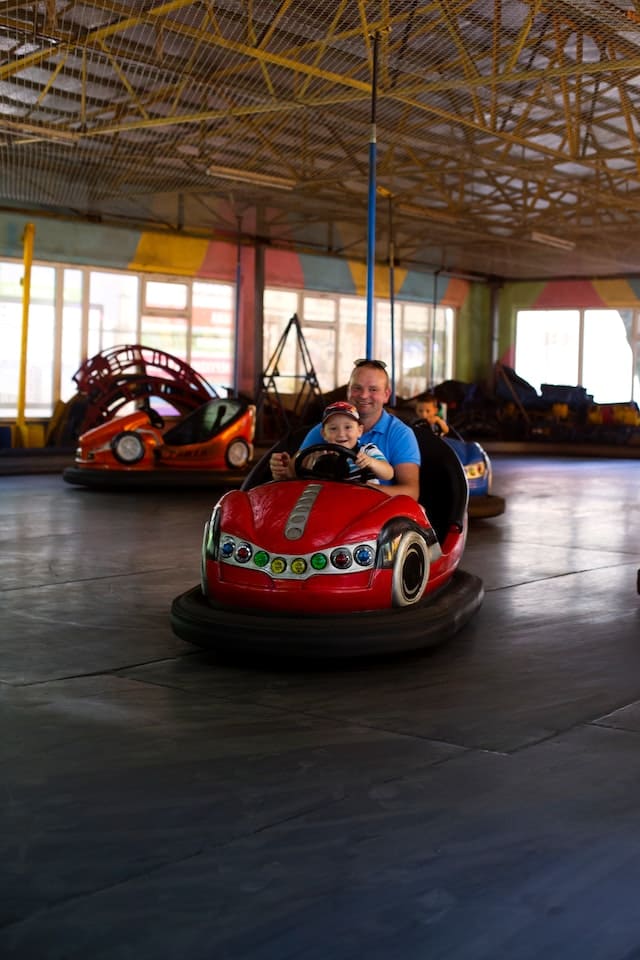
17. Extra pacifier clips or teething toys:
These can help keep pacifiers or teething toys clean and prevent them from getting lost.
18. Baby first aid kit:
It’s always a good idea to have a small first aid kit with essentials like band-aids, antiseptic wipes, and a digital thermometer.
19. Swim diaper and bathing essentials:
If you’re traveling to a destination with a pool or beach, pack swim diapers, a towel, and any necessary bathing products.
20. Comfort items:
Don’t forget to pack any comfort items that your baby relies on, such as a special stuffed animal, blanket, or pacifier.
10 Mommy bag essentials to pack while traveling with a baby.
Here is the list of essentials that you should pack in your Mommy bag while traveling
How to stop Picky eating in kids, 13 tips to prevent
1. Extra clothes:
Pack a few extra outfits in case of spills or accidents. Extra clothes are always life saver when traveling with babies, specially in long travels.
2. Snacks and a sippy cup:
Keep your little one nourished and hydrated with their favorite snacks and drinks. Fill your baby’s favorite sippy cup and fill it with water or juice to keep them hydrated all the time during travel.
3. Blanket and toys:
Blanket and toys are like friends for your baby. they can keep them self entertain for some time and have a nice nap with a soft blanket. Bring a cozy blanket and a few small toys to keep your child entertained during the journey.
4. First-aid kit:
Keep First-aid kit ready for any kind of emergency in your bag while traveling. Include band-aids, antiseptic wipes, and any necessary medications for your child.
5. Hand sanitizer:
Babies are more susceptible to gems and bacteria specially when they are traveling in initial month after birth. Keep germs at bay with a travel-sized hand sanitizer.
6. Plastic bags:
Plastic begs are always needed when going out with babies whether its a small travel or long travel. Have a few plastic bags for dirty diapers or soiled clothes.
7. Sunscreen:
If you are going to start outdoor for long time and going to spend long time in sun, always keep a sunscreen handy. Protect your child’s sensitive skin from the sun’s rays with a child-safe sunscreen.
8. Wet bags or zip lock bags:
Wet bags or zipper bags are helpful to store many things like wet clothes, snacks, soiled items etc. Always carry them in your carry bad when traveling with baby.
9. Snacks and water for yourself:
Along with the care of baby, you should pack things for yourself as well. Don’t forget to pack some snacks and water for yourself to stay energized and hydrated throughout the journey.
10. Travel-sized baby toiletries:
Include travel-sized versions of baby essentials, such as shampoo, lotion, and sunscreen. These items will come in handy, especially if there are no baby-friendly options available at your destination.
39 tips to follow for a smooth and easy travel with babies
14 home remedies for diaper rash in babies and tips to prevent it.
When you are traveling with baby for the very first time, a lot of things comes in mind that how you are going to manage and how the things will go smooth. But don’t worry, you can follow my below 39 tips for a fuss free, smooth and easy travel.
1. Plan Ahead when traveling with a baby
Plan your travel itinerary with your baby’s needs in mind, considering breaks for feeding, diaper changes, and playtime. Having a well-thought-out schedule will help minimize stress and ensure a more enjoyable trip for everyone.
2. Book Baby-Friendly Accommodations
Look for hotels or vacation rentals that offer amenities like cribs, bottle warmers, and baby-proofing services. Before booking your accommodation, ensure they provide the necessary amenities for babies such as cribs, high chairs, and a baby-proof environment. Check online reviews or contact the hotel directly to confirm.
3. Pack Wisely
You should pack essentials like diapers, wipes, baby food, formula, extra clothing, and blankets. The best way is to first make a list of all the things and then pack them one by one. Ensure you have enough diapers, baby wipes, bottles, formula, and a change of clothes for your little one. Don’t forget to bring their favorite toys to keep them entertained during the journey.
4. Carry-On Essentials
In your carry-on bag, pack items like extra pacifiers, baby bottles, toys, snacks, and a change of clothes for your baby. You should always keep some basic essentials in your carry bag which you will always keep with you.
5. Choose the Right Stroller
Having a comfortable and easy-to-use carrier or stroller is essential for easily navigating through crowded airports, train stations, or busy tourist spots while keeping your baby close and secure.
6. Keep Documents Handy
Keep your baby’s identification documents, passports, and medical records easily accessible. Always carry extra supplies such as diapers, wipes, clothes, and pacifiers to handle unforeseen situations or delays. It’s better to be over prepared than caught off guard while traveling with a baby.
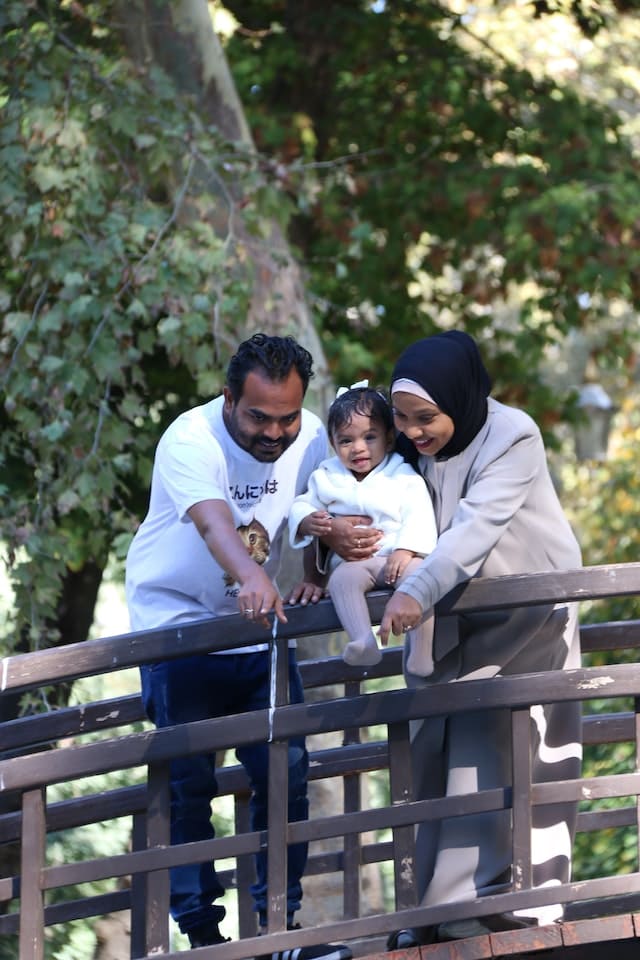
7. Take precautions for baby’s health
It’s essential to take necessary precautions to keep your baby healthy while traveling. Carry hand sanitizer, baby-safe disinfectant wipes, and a first aid kit to handle any minor injuries or illnesses.
15 Best Montessori toys for 6-month-old babies and toddlers
8. Protect against Sun and Bugs
Shield your baby’s delicate skin from the sun’s harmful rays by using sunscreen, long-sleeved clothing, and a hat. Additionally, use appropriate bug repellents to protect them from insect bites while exploring new places.
9. Check Medical Facilities:
Before traveling, research and be aware of medical facilities available at your destination, including pediatricians or hospitals, in case your baby requires any medical attention or emergencies arise.
10. Arrive at the airport early
Arrive at the airport early to allow extra time for security checks and getting settled. Be prepared for unexpected delays, cancellations, or changes in travel plans and have backup arrangements in place.
11. Bring Comforting Items
Pack your baby’s favorite comforting items, such as a blanket or soft toy, to create a sense of familiarity and security during travel, helping them feel more at ease in unfamiliar surroundings.
12. Stay Hydrated
Remember to keep your baby hydrated by offering them liquids regularly during the trip, especially in hot weather or during long flights to prevent dehydration and discomfort.
13. Time Travel during Sleep
Schedule your baby’s travel during their nap time or bedtime to ensure they are more likely to sleep through the journey, making it more peaceful and comfortable for both of you.
14. Opt for Non-Stop Flights
Choose non-stop flights whenever possible to minimize travel time and make the journey more convenient for both you and your baby.
15. Feed during Takeoffs and Landings
To ease ear pressure changes, breastfeed, bottle-feed, or offer a pacifier during takeoffs and landings to help your baby swallow and relieve ear discomfort.
16. Dress Comfortably
Dress your baby in comfortable and layered clothing for varying weather conditions during travel, ensuring they stay cozy and warm.
17. Maintain a Routine
Try to maintain your baby’s sleep and mealtime routine as much as possible while traveling. This consistency can help your baby feel more comfortable and less fussy during the journey.
18. Be Prepared for Jet Lag
Help your baby adjust to different time zones by scheduling flights that align with their sleep patterns and maintain a consistent routine.
How to help babies with Separation anxiety : Signs, Reasons and FAQs
19. Explore Baby-Friendly Activities
Research and include age-appropriate activities like baby classes, aquariums, or interactive museums that cater to young children.
20. Stay Flexible
Allow for flexibility in your itinerary to accommodate unpredictable baby needs, such as nap times, feeding schedules, or unexpected diaper changes.
21. Engage with Locals
Interact with locals for recommendations on baby-friendly attractions, restaurants, or parks that may not be listed in tourist guides.
22. Plan Outdoor Activities
Incorporate outdoor activities that are suitable for your baby’s age, such as stroller-friendly walks, visits to parks, or beach outings.
23. Be Mindful of Altitude
If traveling to high-altitude destinations, acclimate gradually to minimize discomfort or health issues for both you and your baby.
24. Use Baby-Proofing Tools
Bring along baby-proofing tools like corner guards, outlet covers, and cabinet locks for added safety in accommodations.
25. Check Car Rental Policies
Ensure that the car rental company allows for the installation of child car seats and offers options suitable for your baby’s age and weight.
26. Pack Distractions for Long Journeys
To keep your baby entertained during long journeys, pack toys, books, or favorite comfort objects. These distractions can make the travel time more enjoyable for both you and your little one.
27. Prioritize Comfortable Transportation
Choose transportation methods that prioritize your baby’s comfort. This might include booking spacious seats or using strollers or baby carriers that provide a safe and cozy ride.
28. Take Turns with Your Partner
hare the responsibilities of taking care of your baby with your partner. This allows both of you to rest and enjoy the journey, making it a more pleasant experience for everyone.
29. Notify Airlines in Advance
Let the airline know in advance that you will be traveling with an infant. They may provide additional assistance or accommodate specific needs you may have during the flight.
30. Bring Medications
Remember to pack any necessary medication your baby may need during the trip. It’s always better to be prepared for unexpected situations.
31. Maintain Good Hygiene
Use hand sanitizers or sanitizing wipes regularly to prevent the spread of germs, especially when in public spaces with your baby. Keeping your baby clean and germ-free will contribute to a healthy and comfortable travel experience.
32. Ask for Assistance
Don’t hesitate to ask for help when needed. Airlines, hotel staff, and fellow travelers are often happy to offer assistance, making your trip easier and more enjoyable.
33. Schedule Breaks
Babies need frequent breaks to stretch and move around. Plan your travel itinerary with regular stops so your baby can get out of their car seat or stroller and get some fresh air.
34. Minimize Over packing
Pack only the essential items for your baby to avoid excessive baggage. This will make traveling more manageable and less tiring for you.
Best Oil for baby massage and benefits of each oil
35. Utilize In-Flight Bassinets
Many airlines offer bassinets for infants during flights. Request one in advance to provide your baby with a comfortable place to sleep, allowing everyone to get some rest during the journey.
36. Respect Noise Levels in Accommodations
Be considerate of other guests in hotels or rental accommodations by keeping noise levels down. This will help ensure a peaceful environment for your baby and others.
37. Keep documents handy
You should keep a copy of your baby’s birth certificate or passport, as it may be required at immigration or security checkpoints. Keeping important phone numbers with you, such as your pediatrician’s contact details and emergency helpline numbers will be a great help.
38. Stay calm and flexible
Traveling with a baby can be challenging, so it’s important to stay calm and be flexible with your plans. Expect setbacks or changes in your schedule and adapt accordingly to ensure a smooth and enjoyable trip for both you and your little one.
39. Research Safety Measures
Familiarize yourself with safety guidelines and regulations related to traveling with a baby, such as proper installation of car seats, use of appropriate child restraints during flights, and securing travel accommodations that meet safety standards for infants.
